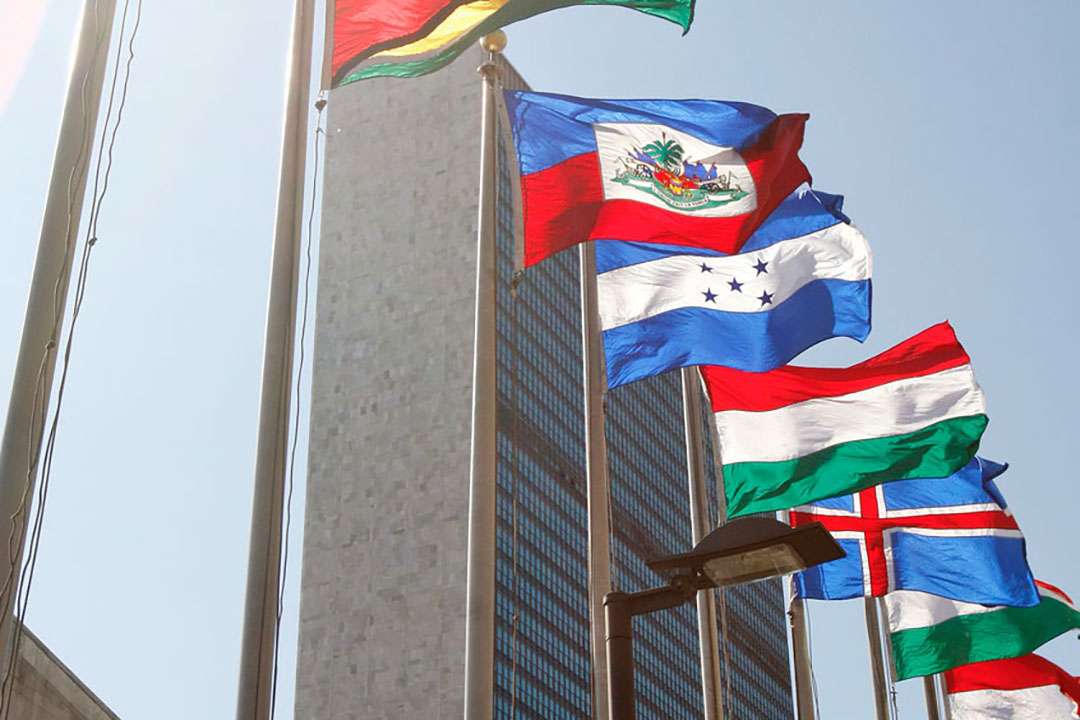30 June 2017: UN Secretary-General António Guterres published a report outlining his vision on the repositioning of the UN development system to deliver on the 2030 Agenda for Sustainable Development. The publication notes “significant gaps” in thematic coverage of the Sustainable Development Goals (SDGs) in terms of expenditures and personnel, including on water and sanitation (SDG 6), energy (SDG 7), industry and infrastructure (SDG 9), sustainable consumption and production (SDG 12), and the environment (SDGs 13, 14, and 15).
‘Repositioning the UN development system to deliver on the 2030 Agenda-Ensuring a Better for All’ responds to a mandate contained in the 2016 UN General Assembly (UNGA) resolution on the Quadrennial Comprehensive Policy Review (QCPR) and is the product of consultations with the UN development system (UNDS) and Member States, paired with in-depth analysis of relevant studies and data. This report is the first report of the UN Secretary-General on the repositioning of the UN development system and will be followed by a second report in December 2017, which will further elaborate on this vision and deliver on the remaining QCPR mandates.
The report contains a system-wide mapping of the UN development system’s current functions and capacities, the first time that such a mapping has been undertaken at this level. The publication offers options for improving the accountability and overall coordination of the entities of the UN development system and their oversight by Member States, presenting a number of proposals to more effectively report and account for system-wide results. The report also addresses funding trends “to deliver one agenda together – towards a Funding Compact.”
On overlaps, the publication notes “significant overlaps” in the UN development system’s support to the SDGs and targets, noting such overlap could be a source of strength given the diversity of expertise and mandates within the UN system. The report cautions, however, that, in the absence of more robust coordination and accountability systems, there is a high-potential for duplication.
Other findings include: funding and staff remain highly concentrated in a limited number of SDGs, with approximately 50% of funding allocated to SDG 2 (zero hunger), SDG 3 (good health and well-being) and SDG 16 (peace, justice and strong institutions); there is a lack of clear delineation of roles for capacity development and the implementation of environment-related support; and the majority of knowledge products are currently being developed by single entities and often address similar topics. The report further finds that the risk of inefficient overlaps is amplified by a number of agencies delivering relatively minor resources to common SDG targets; for example, 24 entities reported expenditures on SDG 1 (end poverty) yet three entities accounted for approximately 75% of the total spending.
On gaps in SDG coverage, the report underlines that the UN “is not a primary actor and cannot – and should not – be doing everything, everywhere” and suggests others may be better placed to advance some parts of the 2030 Agenda. The report suggests the UN is well-positioned “to advise and provide or broker technical support” to governments across all areas of sustainable development and to help in ensuring accountability. [Report of the Secretary-General][System-Wide Outline of the Functions and Capacities of the UN Development System’][Contribution by the UN Joint Inspection Unit][‘An Accountable UN Development System for the 21st Century’][SDG Knowledge Hub Story on the QCPR Resolution]
